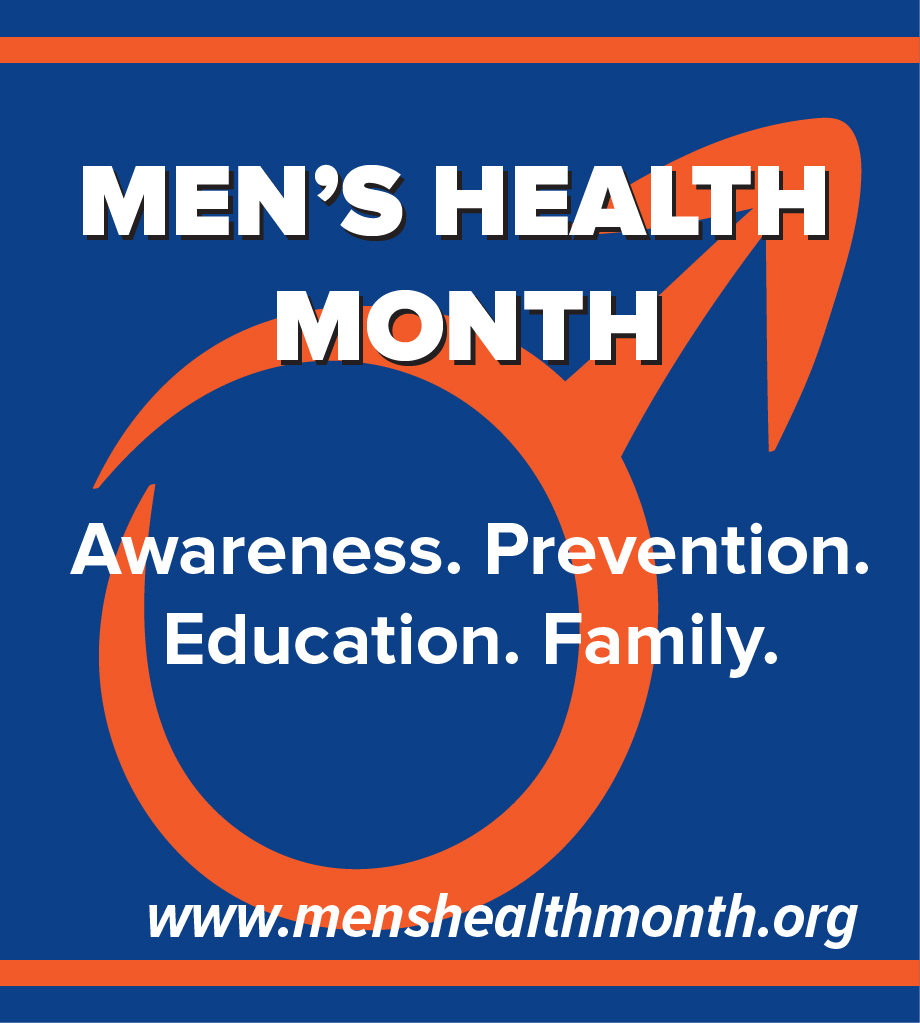Washington, DC (June 10, 2021) – Men’s Health Network (MHN), a national non-profit organization whose mission is to raise awareness of men’s health issues, released the following statement regarding HR 3, the House’s drug pricing package:
While it is encouraging that legislators are working to lower health care costs, it’s imperative that the means of achieving these goals also maintains quality of care and access to innovative treatments, and protects the patient’s relationship with their health care provider. Unfortunately, that is not the case of many aspects of the HR 3 drug pricing bill. HR 3 attacks cost, but the approaches to manage costs in this legislation put access to the high quality care Americans deserve in jeopardy.
The proposed HR 3 redesign of the Part D prescription drug benefit will undermine Medicare’s competitive marketplace, which is essential to ensure patient access to a wide range of valuable medications, and will provide minimal, if any lasting benefits to patients. In addition, the various proposals currently being discussed would implement government price controls across the larger health care system rather than allow market forces and true and transparent negotiation to manage prices. As has been seen in many other scenarios, government price controls do not work and generally impair innovation and future access to breakthrough treatments.
Initiatives to implement government price controls across larger health care systems will inappropriately limit access to important new breakthrough treatments, impair research into new cures, and create disincentives for industry sector innovation and investment. This will have the detrimental net effect of damaging current and future gains which address men’s health needs and the needs of all Americans.
In the past decade, we have seen new therapies lead to a remarkable 90 percent of men diagnosed with early prostate cancer attain a five-year survival rate. More research is needed to increase the survival rates of other cancers and other complex conditions and that research must not be jeopardized by current proposed policy changes.
We have also seen the importance of not establishing policies that compromise or disincentivize industry’s ability to rapidly innovate as it met the challenge of COVID-19 with vaccines and new therapies. A remarkable accomplishment.
Ultimately, the current legislative proposals may appear to improve the government’s bottom-line but this is a short-term effect. Without access to effective treatments and continued innovation in medications, the long-term overall cost of providing care of patients who might otherwise have been treated earlier and more effectively will inevitably out-strip short term budget line savings.
These proposed changes will do relatively little to improve access and care quality or reduce patient out of pocket spending.
As Congress considers HR 3 and other proposals to follow, Men’s Health Network strongly urges them to reject proposed changes that focus on short-term line-budget fixes that most certainly will discourage innovation, and instead focus on proposals that put patient needs first, producing a wiser, more patient-friendly healthcare system.
Men’s Health Network has a blog series dedicated to exploring effective prescription medication pricing reform proposals that also benefit patients. Visit the Talking About Men’s Health blog to read the first blog post of the series, “Five Key Principles to Sound Prescription Medication Pricing Reform,” and to learn more about how proposed policies could impact men’s health, and the health of their families and other loved ones.
Photo by James Yarema on Unsplash




